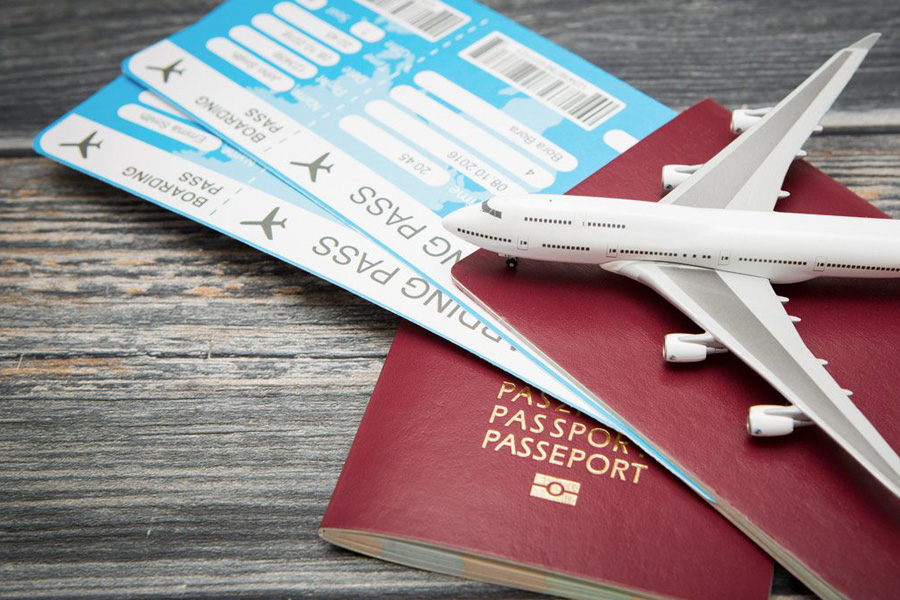Repeated online searches for a specific airline ticket do not have the power to influence the increased value of it. At least that is what CEO and co-founder of the Fare Compare website, Rick Seaney, told the Business Traveler site.
According to him, variations in airfare prices are mainly due to changes in supply and demand, and even to site errors, but not to the number of times the traveler searches for a particular flight on company websites; that is, the airlines do not use the user’s cookies, which temporarily store what he has already searched on the internet to increase the price of the ticket.
“If the companies raised prices because of browser cookies, there would be complaints against them, and politicians would run to create some legislation that would prevent that,” Seaney explains. “What people see when they search several times and notice changes in values is simply a reflection of flight offer variations, and the fact that prices generally increase the closer they are to the departure date,” he continues.
A study conducted in 2016 by Consumer Reports, however, challenges this version. The organization, which provides product reviews, found that pass-through searches of their disabled cookies – eliminating the ability of booking engines to see their search history – tend to find lower fares than those found by searches with cookies enabled.
Researcher William McGee of Consumer Reports, however, failed to point out a reason for the discrepancy in values. “Our advice is for consumers to search for passages in at least two different browsers, and if you see different results, obviously you can choose the cheapest,” said McGee.
Photo: Reproduction
Source: Panrotas

